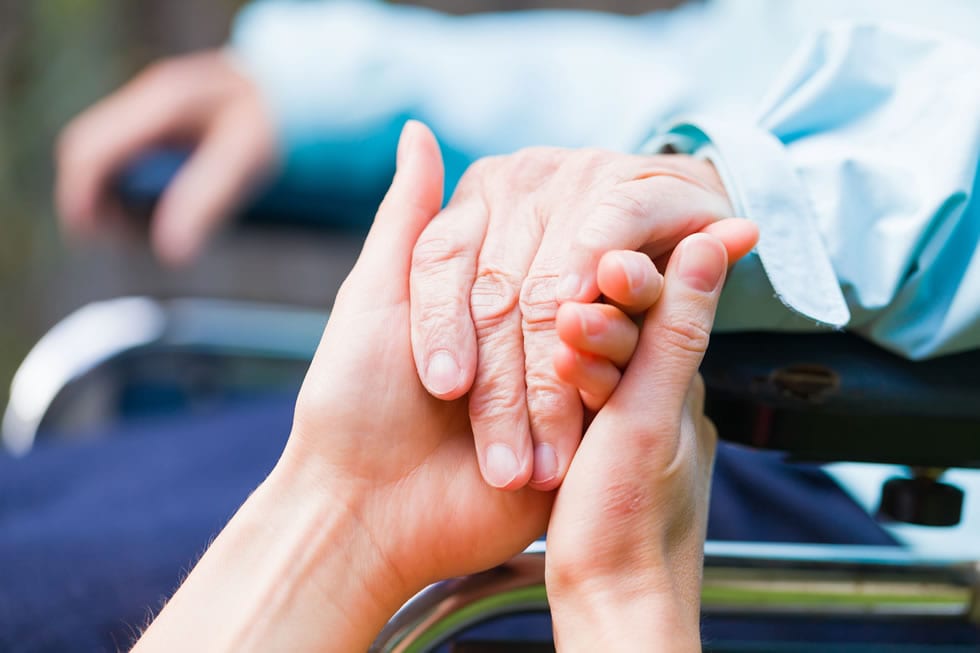5 Stages of Palliative Care

There is no specific point in your life journey when palliative care should begin. For example, some may want to start care as soon as they have received a diagnosis of a terminal illness, whereas someone else may choose to put it off for as long as possible. There is no right or wrong way to prepare for it. However, it is essential to understand that it is simply a way to help you get the most out of your life, and enjoy your independence for as long as possible.
Additionally, palliative care also extends to family members who are on this journey with you. So you may want to involve them in the decision making process.
What’s the difference between palliative care and end of life care?
Palliative care is often confused with end of life care. While both forms of care are implemented towards the end of life and offer care, treatment and support for you and your family, there is one significant difference.
Palliative care can begin at any time after diagnosis, and some plans are in place for years. In contrast, end of life care is usually implemented within what is expected to be your final year of life.
While palliative care can be, and often is, included in an end of life care plan (known as end of life palliative care), they are not the same thing.
The five guiding principles of palliative care
Understanding the reasoning behind palliative care can help you better understand the difference between this and end of life care:
- To relieve symptoms and pain associated with your condition or the treatment stemming from it.
- To help you and your loved ones understand that death is a natural part of life
- Not to promote dying or attempt to prevent it, but to take the journey with you
- Assist in spiritual and psychological care
- Support you so that you live your best life possible
5 stages of palliative care
There are five stages of palliative care. Understanding these may help you decide when might be the right time to start the process for you.
Stage one: This is where the initial plan is created; it should be flexible to provide the right care as your illness evolves. Healthcare professionals, you and your family, are often involved in making this plan.
Stage two: Medical social workers, interdisciplinary teams and a chaplain provide emotional and spiritual care for you and your family.
Stage three: Nurses and physicians work together at this point of the care plan to ensure you maintain as much independence as possible. It may be necessary at this stage to install home health aides and accept assistance from nursing carers with daily activities that you are beginning to struggle with.
Stage four: This stage involves arranging inpatient care at a hospital or hospice if wanted. If you don’t want this, but still require more help from medical professionals than previously, live in care can be arranged so that you always get the support you need, without moving out of your comfort zone. This stage can also encompass end of life care.
Stage five: This involves bereavement support for your family and friends and is usually utilised for a year.
At what stage does palliative care start?
One of the main reasons behind palliative care is to assist in the treatment and management of symptoms and can be implemented whenever you think it will help following a diagnosis. Because this type of care is available for a multitude of diagnoses, all of which impact a person’s life differently, an exact time-frame shouldn’t be given.
It is wise to discuss with your doctor when this type of care may be useful. However, you alone know how you feel and what level of support you would like or need; so the decision is ultimately yours.
Remember, you are in control of the palliative care process, and the aim behind it is to help you enjoy as fulfilling a life as practical, providing support in every possible way throughout your journey.




